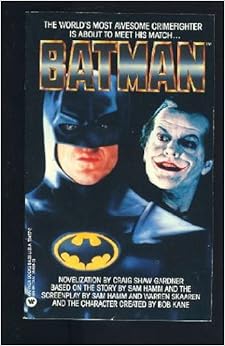…end of the year lists!
One of my favorites is the “Worst Films of the Year” type lists. Call me a glutton for punishment, but there’s something about seeing such lists and considering the works present within them and wondering just what went wrong.
The list presented below is a more “scientific” rather than personal list, as it features the Top 10 Worst-Reviewed films of 2013:
http://theweek.com/article/index/253827/the-10-worst-reviewed-movies-of-2013
Looking over that list I have seen a grand total of…none of the films. The only one I was mildly interested in and coming in at #2, the Liam Hemsworth/Harrison Ford/Gary Oldman/Richard Dreyfuss film Paranoia certainly intrigued me for the cast, if nothing else. But with each commercial I saw of the film, the whole thing seemed to scream “MEDIOCRE” or worse. When the film was finally released and the reviews poured in, what little interest I had in the feature was completely gone.
Time Magazine offers the following Top Ten Worst films of the past year:
http://entertainment.time.com/2013/12/04/arts-and-entertainment/slide/top-10-worst-movies/
A couple of films from the previous list show up here as well. I never saw the original The Hangover despite my wife’s assurances that it is indeed a hilarious film. When The Hangover II was released, I watched it with my wife and was completely unimpressed. My wife was too. She insisted the original was very good but was just as disappointed in the sequel. Lesson learned. Neither of us bothered with The Hangover III and based on the reviews, it appears we missed little.
Finally, a personalized Five Worst Films of the past year list, this one by Dana Stevens for Slate Magazine:
Once again, we have at least one film repeated between lists, although this list offers some interesting alternate choices as well. Yet again, I haven’t seen any of the films on this list but finally there is at least one film I am interested in seeing: Elysium. Now, I know that most critics (and fansboys) were eager to see the well received District 9’s director’s sophomore feature and I know many people were ultimately disappointed by it, but I don’t believe anyone felt it was one of the “worst” films of the past year.
I’ll see soon enough!

